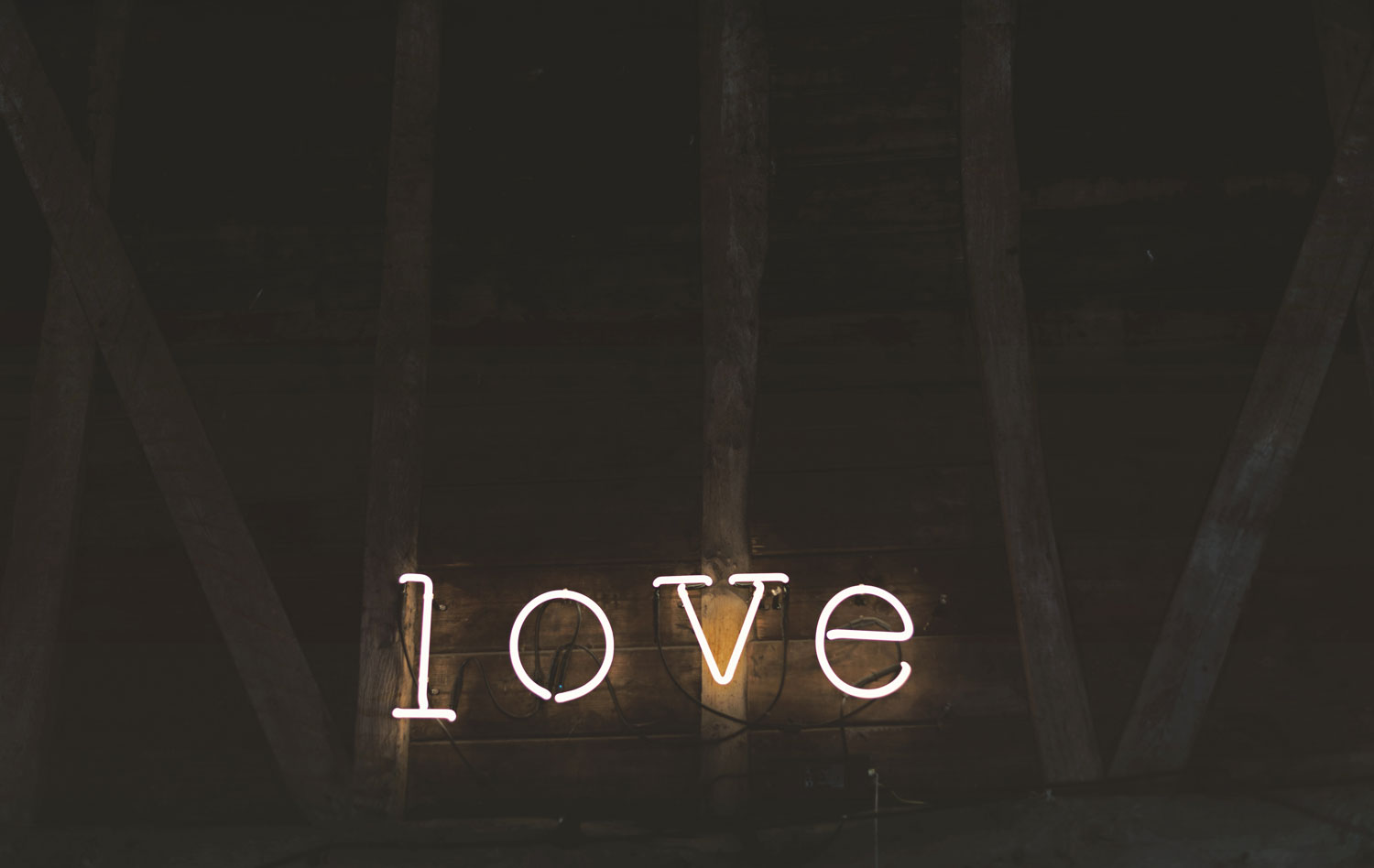We are currently facing a time of great division and destruction. We see walls and bans and gulfs widening everywhere we look. We ourselves, or those we love, may be targeted and under attack. We may feel isolated, numb, or helpless. And it is precisely in moments like these that our practice of stopping, calming, breathing, and walking is most needed – as is our practice of coming together to support each other, to build Sangha. We practice precisely to help us meet moments like these.
Thich Nhat Hanh has said that a good practitioner is not someone who never feels despair, fear, anxiety, or overwhelm. A good practitioner is someone who knows how to take care of all of these feelings when they arise. And our practice has prepared us, is preparing us, in each breath, in each step, to meet the suffering and challenges of this moment in history.
When we are grounded in the basic practice, our mind still and calm in the present moment, we see the truth behind the story of separation. We see that no person is our enemy, no person need be eliminated. Only ignorance and hatred need to be transformed, in our own hearts and minds, and in the collective consciousness.
As Joanna Macy relays from the Tibetan Shambhala prophecy, “… it is not a battle between ‘good guys’ and ‘bad guys,’ because the line between good and evil runs through the landscape of every human heart.” We need to learn to see ourselves in those on the other side of the political or social spectrum. And we need to learn to see them in us.
This doesn’t mean we remain silent or passive. As the Ninth of the Fourteen Mindfulness Trainings encourages, “We will do our best to speak out about situations of injustice, even when doing so may make difficulties for us or threaten our safety.” We must speak out, but without hatred, without furthering the story of separation. We can write love letters. We can set up spaces of listening so that groups with conflicting values can come together and learn from each other through sincere, respectful dialogue. Rob Willer’s TED talk, “How to Have Better Political Conversations,” offers a helpful perspective on this.
“We were made for these times,” as Clarissa Pinkola Estes writes. We can rise to the challenge of seeing ourselves in the “other” as we take action to prevent injustice and protect beings from harm. There is a line from a Plum Village chant: “Once I have a path, I have nothing more to fear.” The path is clear. As the Buddha offers in the Dhammapada, “Hatred never ceases through hatred. But by love alone does hatred cease.” We are called to love, to be kind, to see that no person is our enemy.

